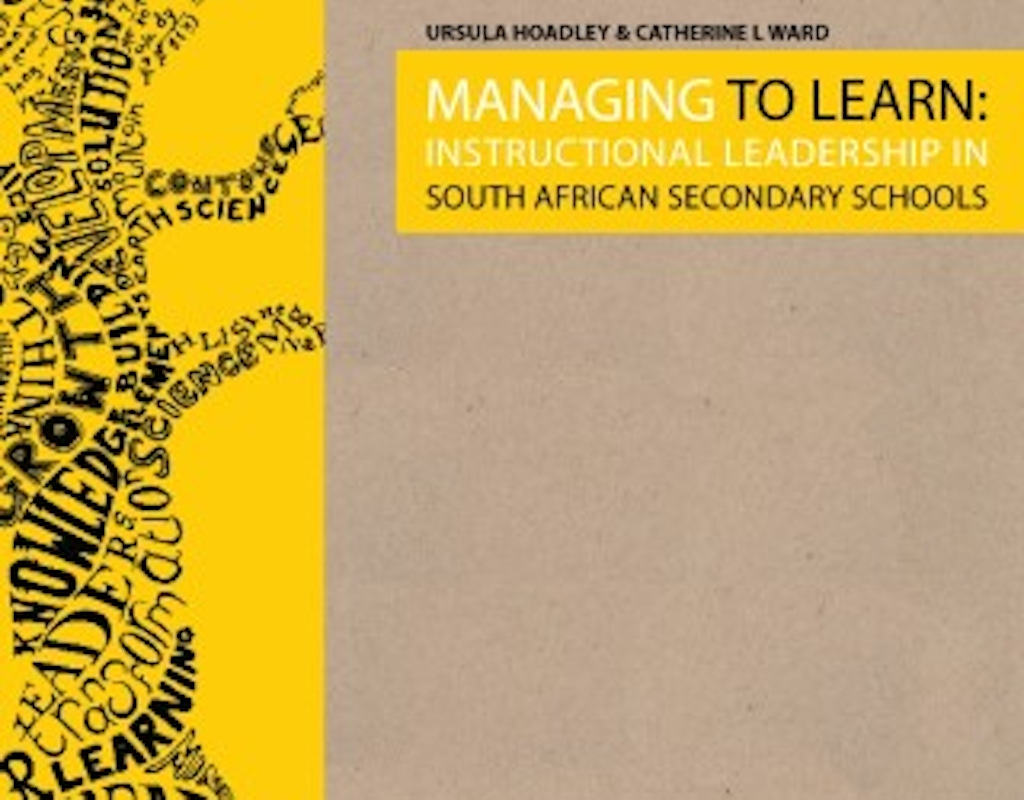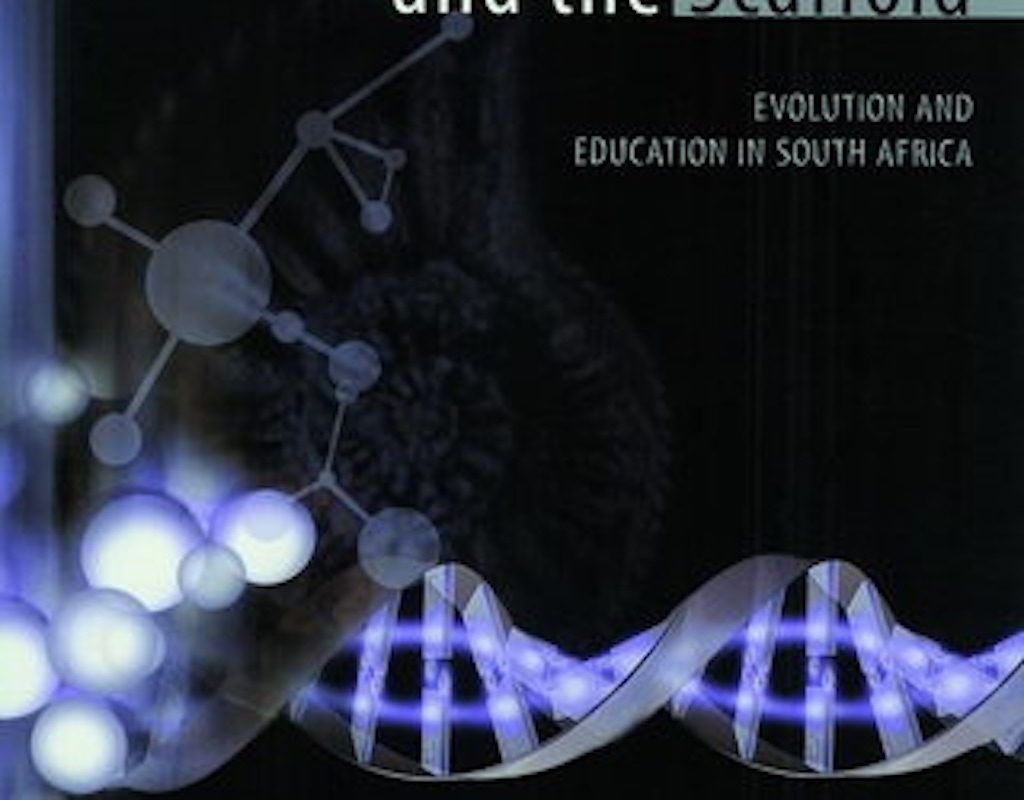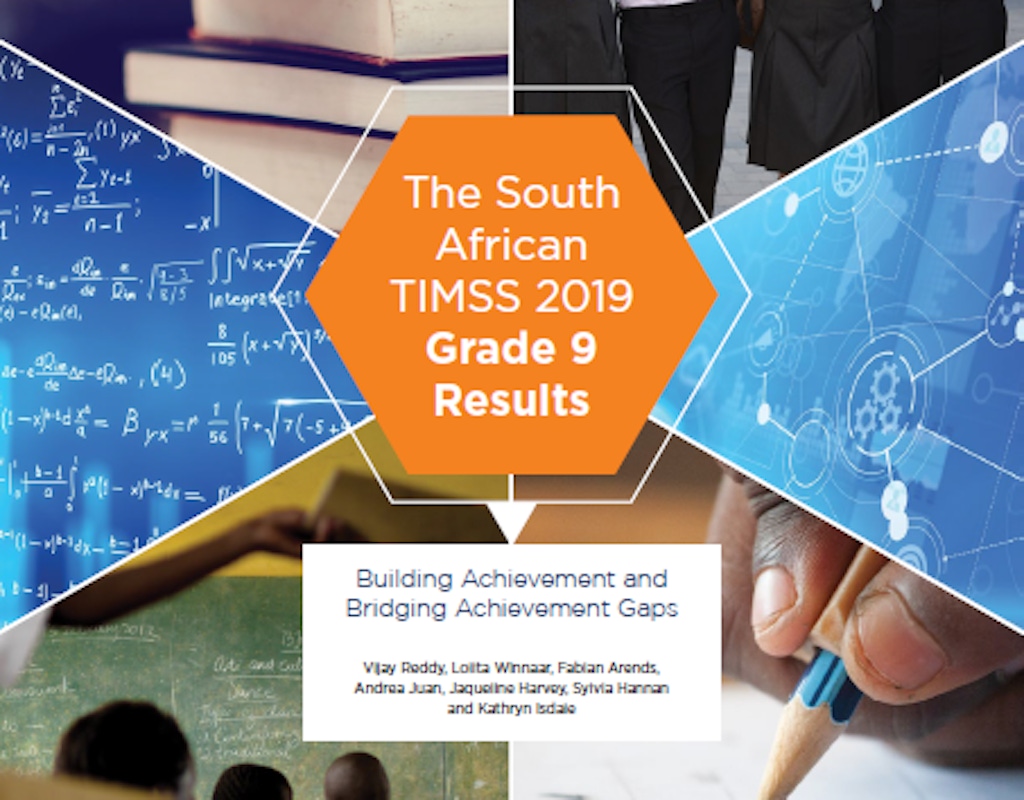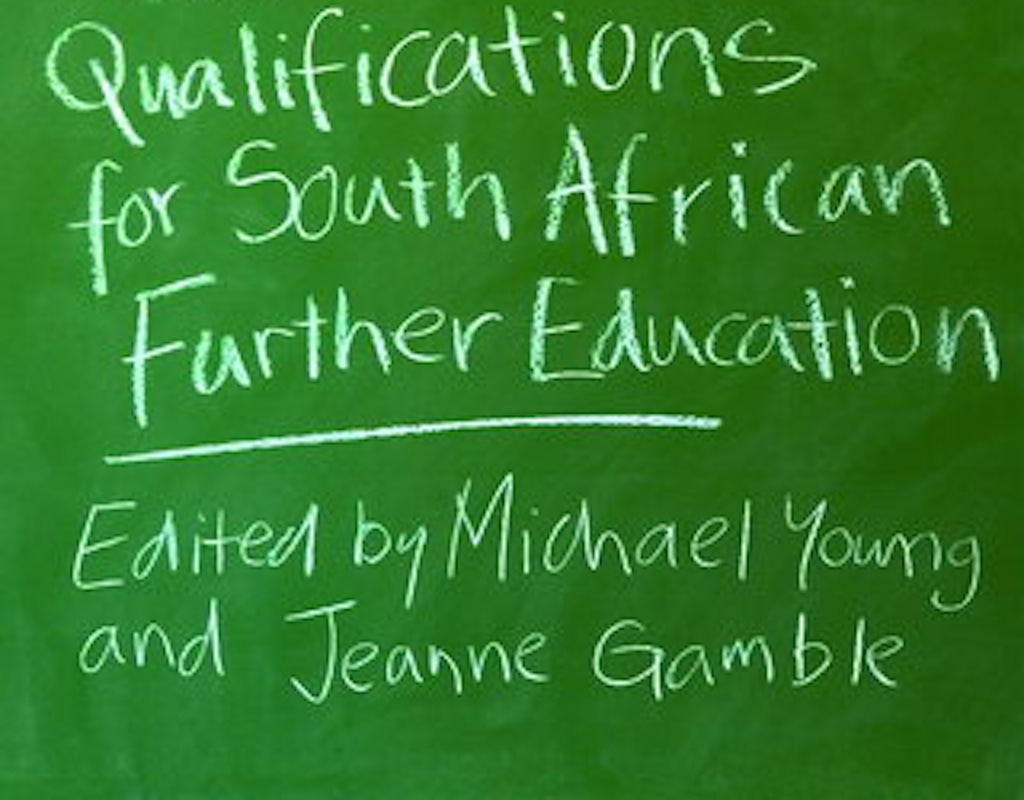
The new science and technology framework has challenged higher education institutions in South Africa to create research partnerships with industry, to contribute to growing a national system of innovation. Through detailed case studies, this monograph explores how one new organisational form typical of the knowledge society, the network, is currently being created in practice, in all its complex and contingent reality, in three high technology fields. It is the third volume in the Working Partnerships: Higher Education, Industry and Innovation series.
The case studies show that knowledge networks are primarily shaped by the competitive dynamics of the industrial sub-sector within which partner enterprises operate, intersecting with the levels of scientific and managerial expertise within higher education partner institutions, and facilitated by government policy steering mechanisms and intermediary partners. The intersection of interests gives all partners a stake in the research project at the heart of the knowledge network, and builds
the levels of trust required to succeed.
The analysis highlights some of the possibilities and constraints evident in the current policy context, suggesting that state attempts to steer the system need to be more nuanced and targeted, informed by the specificity of sectoral dynamics, and it suggests that universities need to identify their own strategic solutions to develop a flexible and adaptive institutional approach to networks.
Product information
Tables and Figures
Preface
Acknowledgments
Abbreviations and acronyms
1. Higher education and contemporary challenges: investigating industry partnerships and networks
Glenda Kruss
2. Biotechnology research and technology networks: the dynamics of competition and cooperation
Gilton Klerck
3. Information and communication technology networks: leading or following the economic sector?
Andrew Paterson
4. Partnerships and networks in new materials development
Shane Godfrey
5. Learning through networks
Glenda Kruss
Appendices
Bibliography



